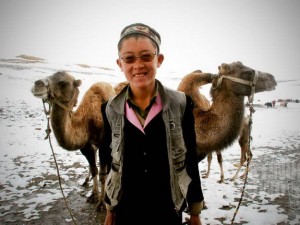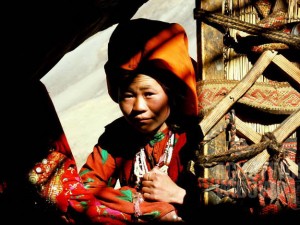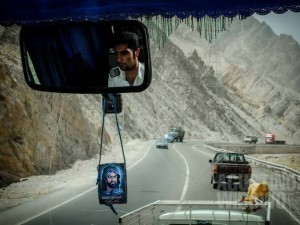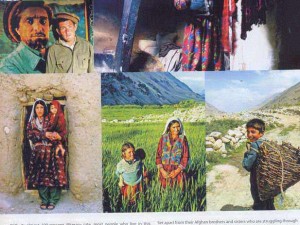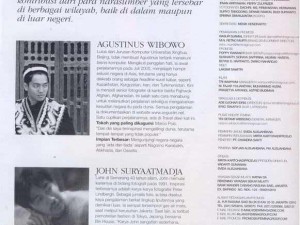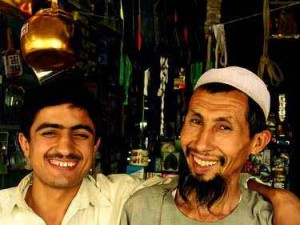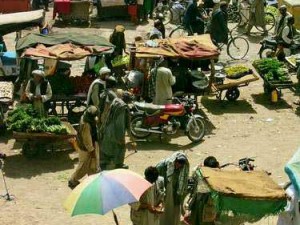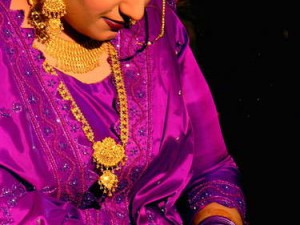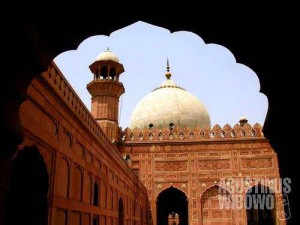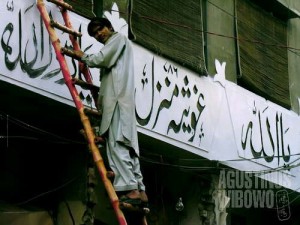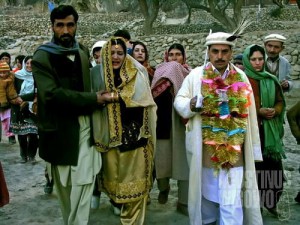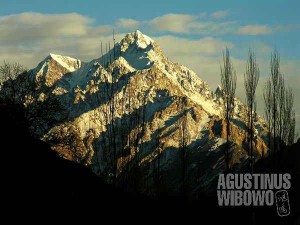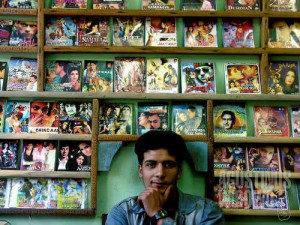#1Pic1Day: Musim Dingin Sepanjang Tahun | Winter throughout the Year (Little Pamir, Afghanistan, 2008)
Winter throughout the Year (Little Pamir, Afghanistan, 2008) A Kyrgyz boy brings his camels to grassland. The Afghan Kirghiz ethnic still maintain the disappearing nomadic way of life at Afghan Pamir, the tip of Afghan Wakhan Corridor bordering with China, Tajikistan, and Pakistan, at elevation more than 4,000 meter. The place, known as bam-e-dunya or Roof of the World, is described by Marco Polo as a place where the snow may come at any time of the year and where birds cannot fly through due to its height. In summer, snowfall is not uncommon. Musim Dingin Sepanjang Tahun (Pamir Kecil, Afghanistan, 2008) Seorang bocah Kirgiz sedang menggiring unta-untanya ke padang. Orang Kirgiz di Afghanistan masih mempertahankan tradisi nomaden, mereka mendiami Pamir Afghan, pada ketinggian 4.000 meter dan terletak di ujung Koridor Wakhan dan berbatasan dan langsung dengan China, Tajikistan, dan Pakistan. Tempat ini dikenal sebagai bam-i-dunyo, atau Atap Dunia, dan dideskripsikan oleh Marco Polo sebagai wilayah di mana salju bisa turun kapan saja dan burung pun tidak bisa terbang di atasnya saking tingginya. Salju di musim panas sama sekali bukan hal yang luar biasa. [...]

